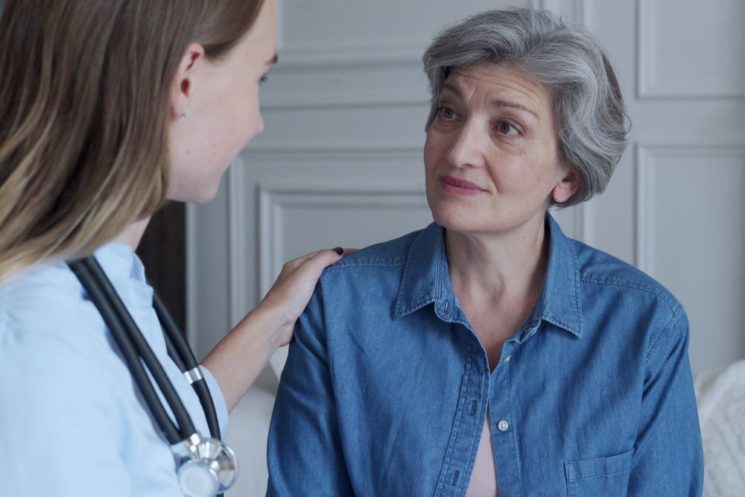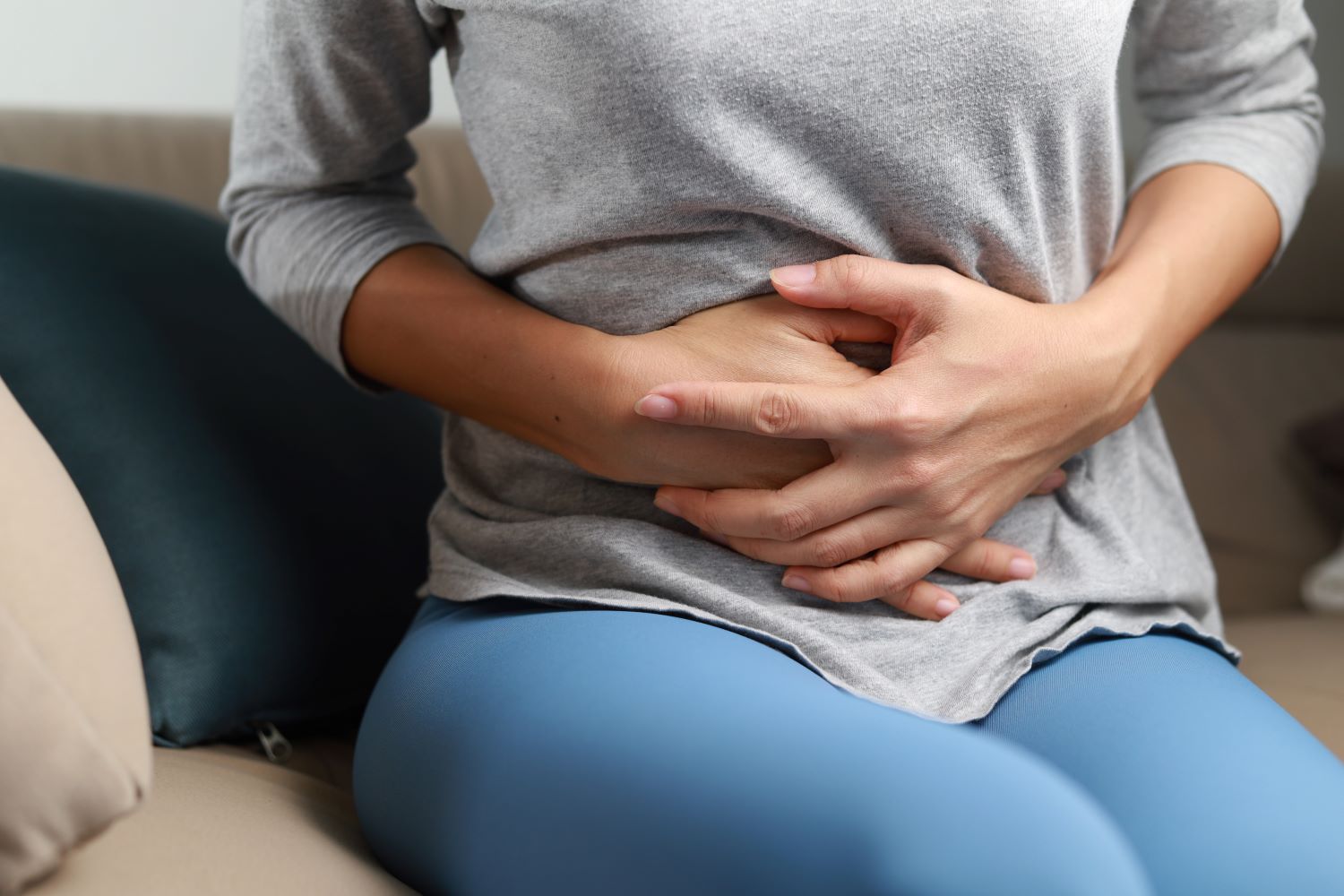For years, many people have suffered in silence with endometriosis. Endometriosis can cause a wide range of debilitating symptoms including considerable pain, which can dramatically impact a person’s quality of life. Thanks to the recent increase in media coverage, people are all becoming more educated on the condition.
What is endometriosis?
Endometriosis is a condition where tissue, similar to the lining of the womb, starts to develop in other places. This is more commonly seen around the ovaries, fallopian tubes, bowel, bladder and in rare cases around the kidneys, liver, and heart.
This tissue reacts with a woman’s menstrual and ovulation cycle which can cause the endometriosis cells to bleed, shed and grow with the cycle, which is why women can often feel more pain around their menstruation and ovulation period.
If left untreated, the endometriosis cells will continue to grow which can lead to scar tissue forming constricting organ functions. The body’s immune system also recognises endometrial growths within the body and releases an inflammatory response to fight them. This response can leave the affected areas inflamed and cause more pain.
Who is most likely to develop endometriosis?
Anyone can have endometriosis, however women who have a family member with the condition may be more likely to develop endometriosis than other women. Other factors may include:
- Starting their period at a young age
- Having frequent periods or one that lasts seven days or more
- Having a closed or otherwise blocked hymen which blocks the flow of menstrual blood out of your body
- Other uterine abnormalities.
Treatments for endometriosis
There is currently no cure for endometriosis. However, there are treatments which can significantly reduce the pain associated with the condition and ease symptoms. This includes:
- Hormone medicines and contraceptives, such as the combined pill or the contraceptive patch to suppress hormones to reduce symptoms
- Surgery to remove the patches of endometriosis tissue. At Cromwell Hospital, these types of surgeries can often be carried out laparoscopically, meaning only a small incision is made in the stomach to remove the tissue. Cromwell Hospital is also one of few hospitals in Europe to offer robotic-assisted excision (removal) of endometriosis using the da Vinci Xi surgical system, which results in less scarring, more accuracy, and less pain with better postoperative recovery
- Surgery to remove part or all of the organ affected by endometriosis, for example, a hysterectomy to remove the womb. This type of surgery is generally only needed where other treatments have not worked.
Our International Centre for Endometriosis is staffed by an experienced team of experts, led by Mr Amer Raza, Consultant Gynaecologist. Our aim is to provide patients with rapid access to a diagnosis, and a tailored and comprehensive treatment plan to set them on a path to recovery.



